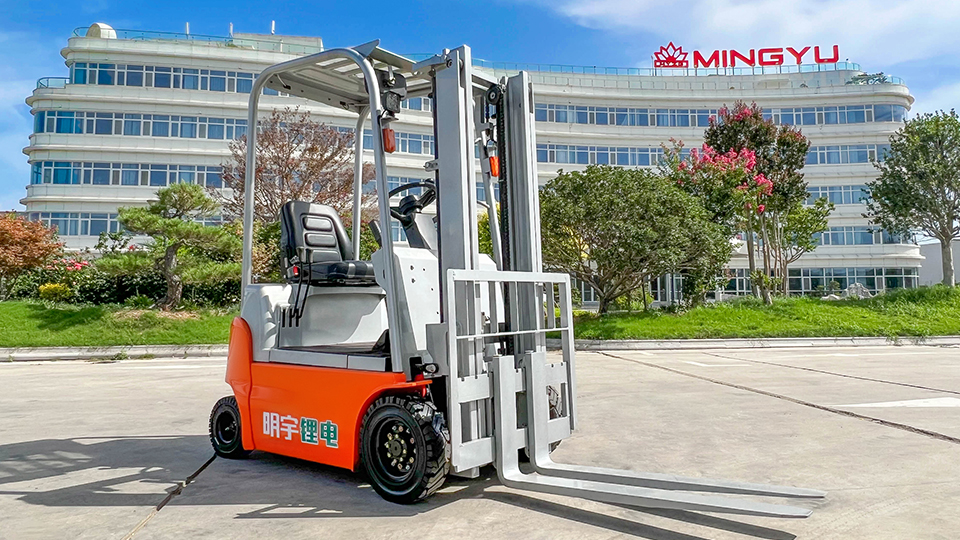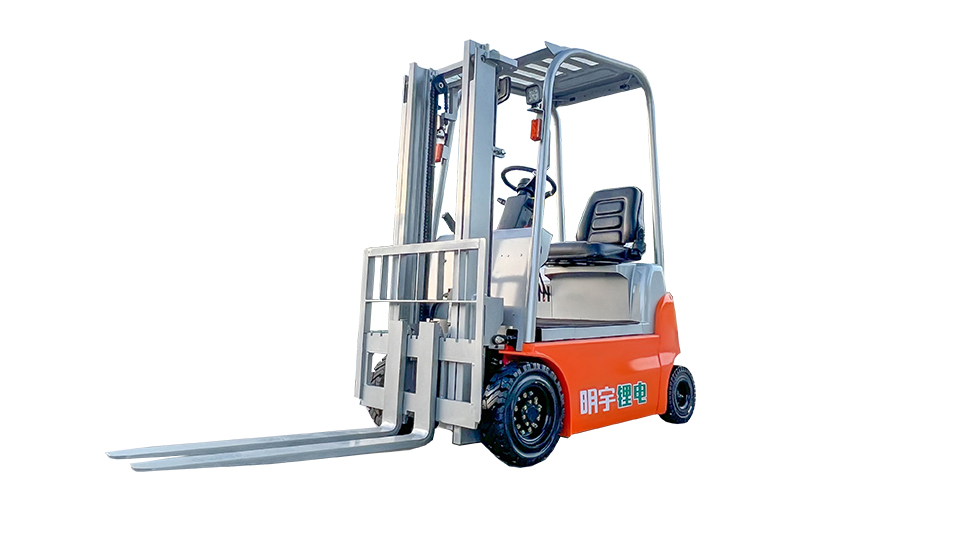
Navigating the Forklift Licensing Landscape: Can You Drive a Forklift Without a Driver's License?
The question of whether a standard driver's license is sufficient or even necessary to operate a forklift is a common point of confusion for many. While a standard driver's license is not a requirement to drive a forklift, a specific certification and training are legally mandated and critical for safety. This comprehensive guide will delve into the legal, safety, and operational distinctions, clarifying why a driver's license is not a substitute for proper forklift training and certification.
The Core Distinction: Public Roads vs. Private Property
The fundamental reason a driver's license isn't a prerequisite for forklift operation lies in the distinction between public roadways and private property. A driver's license, issued by a government authority (like the Department of Motor Vehicles or DMV), grants the holder permission to operate a motor vehicle on public roads. Its primary purpose is to regulate traffic and ensure public safety in shared spaces.
In contrast, forklifts are almost exclusively operated on private property, such as warehouses, construction sites, and distribution centers. These are controlled environments where public traffic laws generally do not apply. Instead, these workplaces are governed by their own set of safety regulations, primarily enforced by organizations like the Occupational Safety and Health Administration (OSHA) in the United States.
The Mandate: OSHA's Role in Forklift Safety
OSHA is the federal agency responsible for ensuring safe and healthful working conditions. When it comes to forklifts, OSHA's regulations are crystal clear: every forklift operator must be properly trained and certified. This is not a suggestion; it's a legal requirement outlined in OSHA's standard 29 CFR 1910.178, which covers powered industrial trucks.

OSHA's training requirements are rigorous and comprehensive, encompassing both classroom instruction and hands-on practical training. The training must cover:
Vehicle-specific training: This includes understanding the specific type of forklift being operated, its controls, stability, and limitations.
Workplace-specific training: This involves understanding the hazards and conditions of the specific work environment, such as uneven surfaces, narrow aisles, and pedestrian traffic.
Operating instructions: This section covers proper procedures for lifting, lowering, stacking, and unstacking loads, as well as safe travel practices.
This mandated training is far more specific and relevant to the task of operating a forklift than a standard driver's education course.
The Certification Process: More Than Just a Test
Earning a forklift certification is a multi-step process that goes beyond a simple written test. It typically involves:
Formal Instruction: This can be in a classroom, online, or a combination of both. It covers the theoretical aspects of forklift operation, including safety regulations, vehicle dynamics, and load handling principles.
Practical Training: This is the hands-on component, where an instructor guides the trainee through the actual operation of a forklift. This includes pre-operation inspections, maneuvering in a confined space, and handling different types of loads.
Evaluation: After the training, the operator must be evaluated by a qualified person. This evaluation assesses the operator's proficiency and ability to safely operate the forklift in the workplace.
Upon successful completion of this process, the employer must certify that the operator has been trained and evaluated. This certification must be renewed every three years or if the operator is involved in an accident, observes unsafe behavior, or is assigned to operate a different type of forklift.

Why a Driver's License is Not Enough
While a driver's license demonstrates a basic understanding of traffic laws and vehicle operation, it does not equip an individual with the specific skills needed to operate a forklift safely. The differences between a car and a forklift are significant:
Steering: Most forklifts are rear-wheel steered, which can be counterintuitive for someone accustomed to front-wheel steering. This requires a different approach to turns and maneuvering in tight spaces.
Center of Gravity: A forklift's center of gravity shifts dramatically as it lifts a load. This is a critical concept that is not covered in standard driver's education. An improperly balanced load can cause the forklift to tip over, leading to serious injury or death.
Visibility: The operator's view is often obstructed by the mast, the load, or the surrounding environment. This requires the operator to constantly use situational awareness and look in the direction of travel, even when backing up.
Braking: Forklifts have different braking systems and characteristics than cars, requiring different techniques to stop safely, especially with a heavy load.
The risks associated with improper forklift operation are severe. They include:
Tip-overs: The leading cause of forklift-related fatalities.
Crushing incidents: Occurring when a forklift runs over a pedestrian or a person is pinned between the forklift and a fixed object.
Falling loads: A result of improper stacking, lifting, or maneuvering.
The Legal and Financial Consequences
Operating a forklift without proper certification is not only dangerous but also illegal. If an OSHA inspector discovers that an uncertified operator is driving a forklift, the employer can face significant fines. In the event of an accident involving an uncertified operator, the legal and financial repercussions can be catastrophic. The company could be held liable for injuries, property damage, and even criminal charges in cases of gross negligence.
Furthermore, most insurance companies will not cover damages or injuries caused by an uncertified operator. This leaves the company exposed to immense financial risk. The cost of proper training and certification is a minor investment compared to the potential costs of an accident.
The Bottom Line
In conclusion, while a driver's license is a valuable credential for operating a vehicle on public roads, it has no bearing on a person's ability to legally or safely operate a forklift. The legal requirement, mandated by OSHA, is specific training and certification for powered industrial trucks. This certification ensures that the operator understands the unique dynamics, hazards, and safety protocols associated with forklift operation.
Employers and individuals alike must recognize that a driver's license is not a substitute for this specialized training. To ensure a safe and legally compliant workplace, every forklift operator must undergo the proper training and receive their certification. The lives of employees and the financial health of the company depend on it.
Frequently Asked Questions
Q: Do I need a driver's license to get a forklift certification?
A: No, a standard driver's license is not required to enroll in a forklift training program or to receive certification.
Q: Can I get my forklift certification online?
A: Many companies offer online classroom training, but the practical, hands-on portion of the training must be completed with a qualified instructor. OSHA requires a hands-on evaluation for certification.
Q: How long does a forklift certification last?
A: A forklift certification is valid for three years. After this period, the operator must be re-evaluated and, if necessary, retrained.
Q: What is the minimum age to operate a forklift?
A: In the United States, you must be at least 18 years old to operate a forklift in a workplace. This is because OSHA regulations prohibit minors from operating hazardous equipment.
Final Thoughts
The distinction between a driver's license and a forklift certification is a critical one rooted in safety and legal compliance. While a standard driver's license grants the privilege to navigate public roads, it doesn't equip an individual with the specialized skills needed for the controlled, yet inherently risky, environment of a warehouse. By adhering to the stringent training and certification standards set forth by OSHA, businesses can create a safer workplace, protect their employees, and avoid significant legal and financial penalties. The small investment in proper training is an invaluable step toward a culture of safety and professionalism.
Name: selena
Mobile:+86-13176910558
Tel:+86-0535-2090977
Whatsapp:8613181602336
Email:vip@mingyuforklift.com
Add:Xiaqiu Town, Laizhou, Yantai City, Shandong Province, China